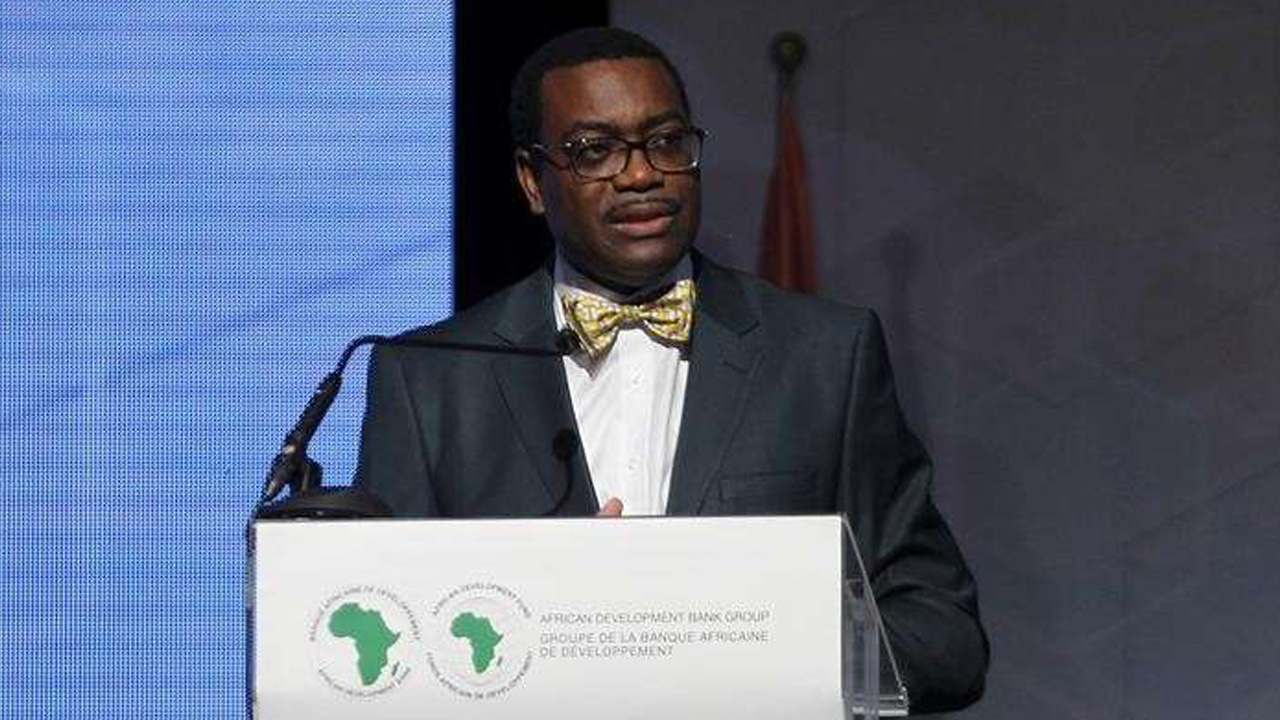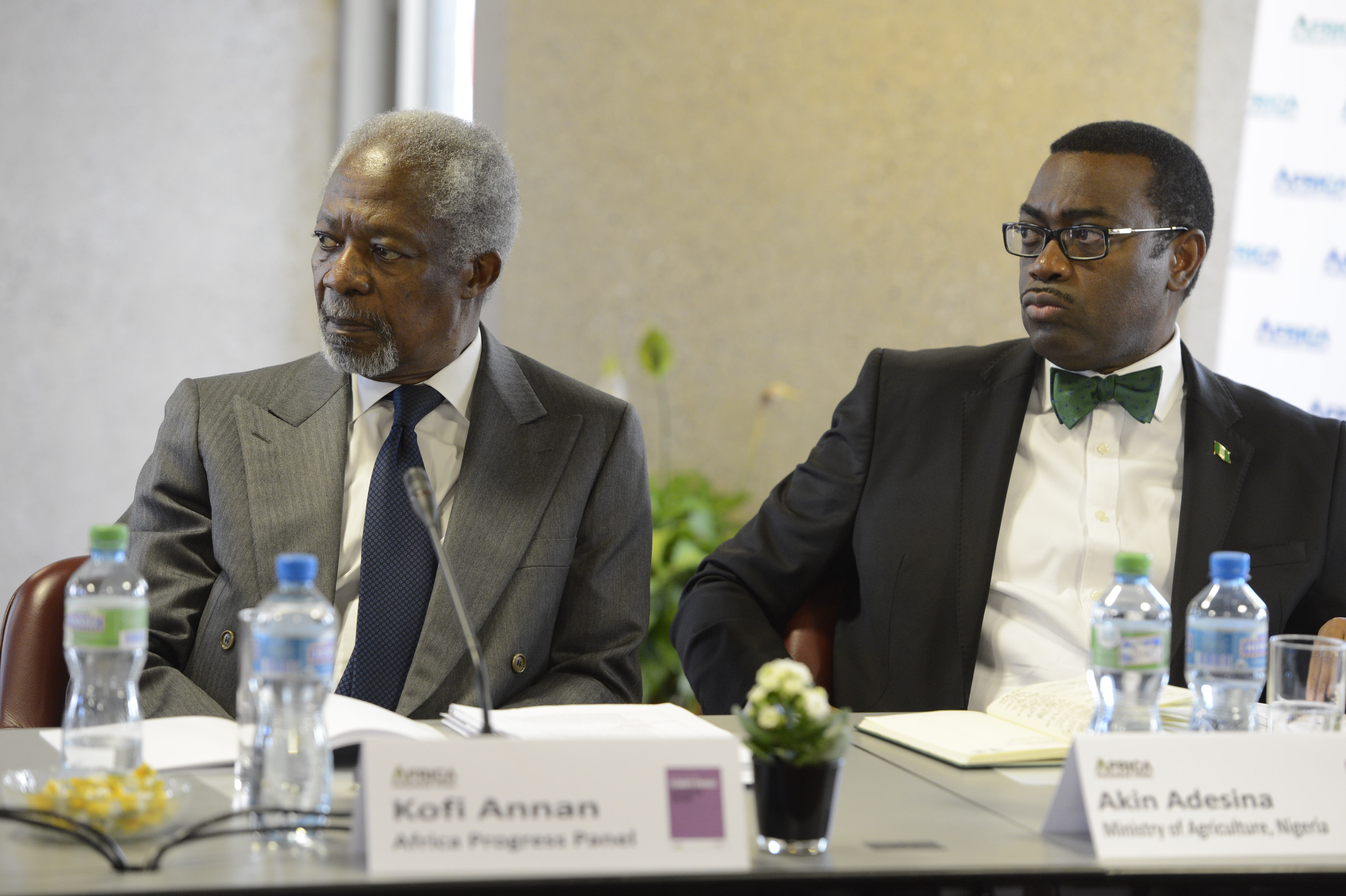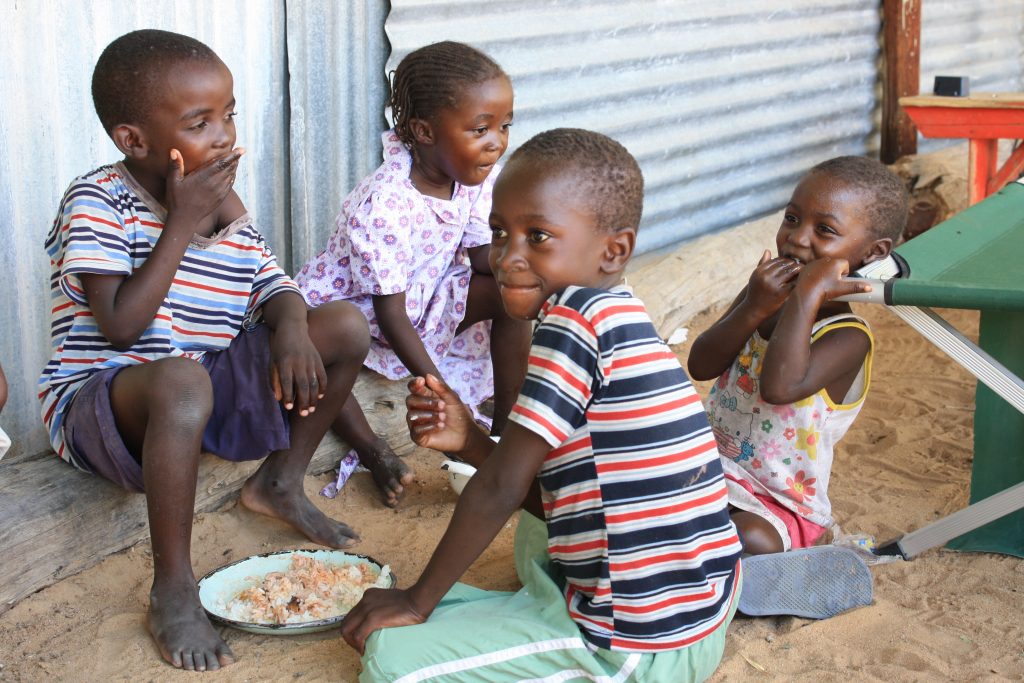Your Excellency, Mr. Vice President, Daniel Kablan Duncan; Gerda Verburg, UN Assistant Secretary General and Coordinator of SUN Movement; Anthony Lake, Chair of the SUN Lead Group and Executive Director of UNICEF; Minister of Health of Côte d’Ivoire, Raymonde Coffie; Honorable ministers; Your Excellencies; Ambassadors and Heads of Diplomatic Missions; Distinguished ladies and gentlemen,
I am delighted to be here with you all, as Côte d’Ivoire hosts this Scaling Up Nutrition (SUN) Global Gathering. I wish to congratulate Côte d’Ivoire for a double honor today. This is the first time that the SUN Global Gathering is taking place in a SUN member country. It is also the first time it is taking place in Africa!

I would like to especially thank Gerda Verburg, Anthony Lake, and all in this room for your efforts in raising the issue of nutrition at the highest levels across the globe.
As the 2017 World Food Prize laureate, let me add my voice to the call to decisively solve the global challenge of hunger and malnutrition. Access to food, especially nutritious food, is a fundamental human right. After all, God made stomachs to be filled, not to be empty.
As we gather here today, however, 800 million people live in extreme poverty and hunger globally. Yet we inhabit a world where there is surplus food. A world where 1.3 billion tonnes of food go to waste every year, while millions look for food and can’t get it. This has to change. Now.
I have always said that stunted children today means stunted economies tomorrow. But there’s an underlying problem in the way we finance nutrition, and we must hold ourselves and each other accountable. Funding for nutrition programmes is severely stunted. When you have stunted financing for the extremely poor, then you get even more stunted outcomes.
For instance, Africa loses US$25 billion a year to malnutrition. Who suffers most? The poor. We have to think about smart economics. And that begins with being smart on nutrition. As political leaders, we must be smart on nutrition.
Who suffers most in terms of malnutrition? Poor women in particular suffer severely. Truth be told, malnutrition has a gender dimension. Well-fed mothers always bring forth children with better health. Maternal nutrition has a consequence on foetal development and the survival of the new born child.
The survival and health of young children depends on being breastfed by mothers. And as much as we’d like to think of women as superhuman, mothers can’t give what they don’t have. Better nutrition for mothers means better nutrition for the children they raise. If we want better nutrition, we must empower women to be well fed.
We have seen the face of malnutrition changing. The triple burden of malnutrition is clear: stunting, wastage, obesity. Our policies and programmes must address these three burdens.
The 2017 edition of the Global Nutrition Report points out very clearly that while stunting and wastage are linked to poverty, this is not the case for obesity. The obesity situation is going to get worse with GDP growth. We may be growing well in terms of income, but we are not growing well in terms of nutrition. Increase in GDP is futile if a lot of the GDP growth has to deal with adverse health consequences prompted by increasingly sedentary lifestyles and poor eating habits.
I want to put my support behind nutrition sensitive budgeting. That is why the African Development Bank focuses on improving the quality of life of Africans. Economic growth matters, but quality of life matters even more.
To drive greater accountability, we have established the African Leaders for Nutrition (ALN) initiative, which will help to enhance accountability by developing a scorecard on nutrition. We all agree nutrition is underfunded. We need to find innovative ways of funding it. Nutrition may be costly today, but the benefits to society will exceed the immediate costs.
I want to urge all of us, particularly governments, to see nutrition as an investment. For instance, nutrition social impact bonds will allow countries to post bonds to frontload investments that will improve their nutrition outcomes.
We must raise agricultural productivity across Africa. We need to diversify food production systems, focus on nutritious foods such as dairy, poultry and fish, which provide essential amino acids.
We also have bio-fortified crops such as orange flesh sweet potatoes with vitamin A. We have iron fortified beans. We have provitamin A cassava. These crops are loaded with vitamins and micronutrients enough to meet daily needs. What we’ve got to do is scale them up to millions of farmers, especially women. The African Development Bank will support the scaling up of bio-fortified crops to enhance nutrition.

We need to ensure that community based nutrition systems are strengthened; that we enhance general food safety, especially in the informal food markets that dominate most African cities.
We must also address inadequate access to water and sanitation, which negatively impacts children in particular because of greater susceptibility to diarrhoea, which worsens nutritional outcomes. We must also ensure that the food systems supply not only energy rich foods but also nutrient rich foods.
Finally, we must address the rapid growth of slums in urban areas which in most cases lack hygienic environments that complicates nutritional health outcomes for people. Yes, some have asked to upgrade slums, but I do not believe this is the solution. There are no five star slums; a slum is a slum.
So we must improve the environment in which people live. This is not only decent but an appropriate response from any responsible government. This is why we support integrated water supply, sanitation and health programmes at the African Development Bank
The challenge seems daunting, but the opportunities are obvious and are well within reach. It just takes working and thinking differently, and by that I mean we have to work through effective partnerships to scale up nutrition all across the world—for urban as well as rural areas.
Right here are those I would call the “global champions for nutrition”. This is a movement and I am happy to be a part of it.
Turn next to your neighbour, give them a high 5, and tell them “I’m a nutrition champion.”
Let’s go and score some goals for nutrition.

